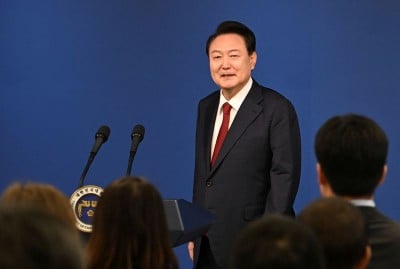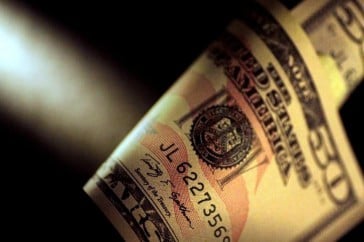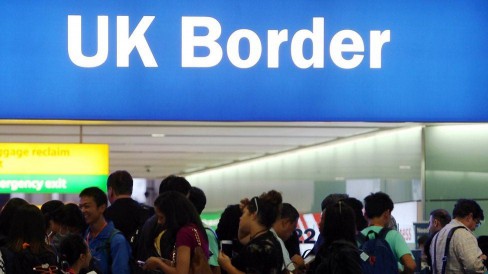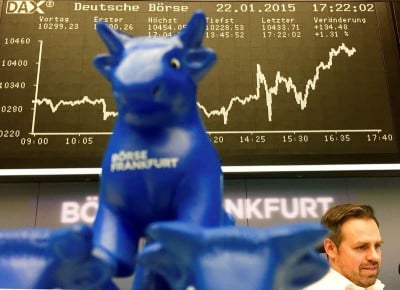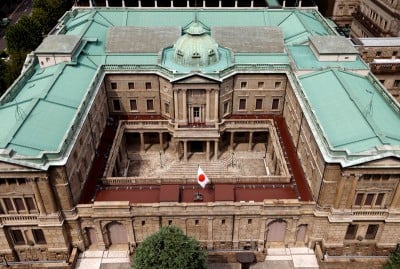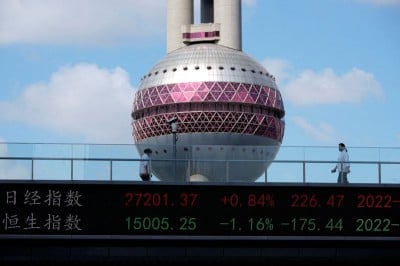 © Reuters. FILE PHOTO: An electronic board shows Hang Seng stock index, at the Lujiazui financial district, following the coronavirus disease (COVID-19) outbreak, in Shanghai, China October 25, 2022. REUTERS/Aly Song/File Photo HK50 +1.88% Add to/Remove from Watchlist Add to Watchlist Add Position
© Reuters. FILE PHOTO: An electronic board shows Hang Seng stock index, at the Lujiazui financial district, following the coronavirus disease (COVID-19) outbreak, in Shanghai, China October 25, 2022. REUTERS/Aly Song/File Photo HK50 +1.88% Add to/Remove from Watchlist Add to Watchlist Add Position Position added successfully to:
+ Add another position Close SSEC +1.80% Add to/Remove from Watchlist Add to Watchlist Add Position
Position added successfully to:
+ Add another position Close BABA +7.85% Add to/Remove from Watchlist Add to Watchlist Add Position
Position added successfully to:
+ Add another position Close BNPQY -0.21% Add to/Remove from Watchlist Add to Watchlist Add Position
Position added successfully to:
+ Add another position Close LIN +0.35% Add to/Remove from Watchlist Add to Watchlist Add Position
Position added successfully to:
+ Add another position Close
By Summer Zhen
HONG KONG (Reuters) - Global investors aren't expecting much from China's economy this year, but some say the collapse in its already cheap stocks merits a wager on an eventual rebound and perhaps a new approach to investing in the market.
Measures such shrinking short positions, fund flows, options pricing and bounces on the main boards show investors have been selectively buying or at least curtailing bearish bets lately.
While a lot of long-term money has left, the selling that has driven the MSCI China index 60% lower in three years has opened a lopsided entry point if the mood shifts. Authorities have been promising increasingly strong measures to help.
Herald van der Linde (NYSE:LIN), head of equity strategy for Asia Pacific at HSBC, forecasts 30-40% gains for Chinese equities if and when the gloomy sentiment lifts. The Hang Seng had its best day in two months on Tuesday and has bounced 5% from Monday's 15-month low.
Foreigners were net buyers of 4.8 billion yuan ($677 million) in Chinese equities on Monday and Tuesday this week.
"While people are not necessarily very bullish on Hong Kong and China... they don't want to miss out those very concentrated 5% to 10% moves on the upside," said Jason Lui, head of APAC equity derivatives strategy at BNP Paribas (OTC:BNPQY).
Three years of losses have also left China the cheapest market in the world. By one popular metric, the forward price-to-earnings ratio - which is roughly eight in Hong Kong and 10 for China - the markets are half as expensive as those in the U.S. and Japan.
Short interest on U.S.-listed Chinese stocks and Hong Kong stocks has dropped sharply, down 15% over the 30 days to Jan. 22, according to data from analytics firm S3 partners.
E-commerce giants Alibaba (NYSE:BABA) Group, PDD Holdings, and electric car maker NIO Inc, saw the largest declines.
"We see continued short covering... which may be signalling at least a short-term bottom to the Chinese markets," said Ihor Dusaniwsky, managing director of predictive analytics at S3.
The trend is echoed in derivatives, where put implied volatility, or the cost of Hang Seng China Enterprises Index put options, which would profit if the index falls, has slid in the past few months to hover around multi-year lows, BNP Paribas estimates.
MARGIN OF SAFETY
The tactical opportunity is also luring back big investors who had sold, while driving a change in some managers' strategy away from betting big on China's widespread macroeconomic growth to picking out particular stocks or trends.
"China is no longer a giant allocation story, as it was in the past, but there are selective opportunities at stock level," said Monica Defend, head of the Amundi Investment Institute.
Negative sentiment at levels unseen in the careers of many investors is also, for some, a drawcard. Morgan Stanley estimates 70 of 80 global emerging market funds they track are either equal or underweight China.
This month's Bank of America survey of Asia fund managers showed only 14% of respondents fully exposed or increasing exposure in China - with the rest holding back.
Market performance has been poor. The Shanghai Composite and CSI300 indexes hit multi-year lows on Monday and skepticism on government rescue plans is sky high.
Many investors have lost big trying to pick a bottom, with Singapore-based Asia Genesis Asset Management suddenly closing its fund this week after big losses on its bullish China bets.
Still, such an environment often breeds a shift in sentiment and risk appetite.
London-based M&G Investments, which reduced most of its China exposure in early 2023 under its Episode Macro strategy, pivoted to long China at the end of 2023 and now sees China and Hong Kong equities as its top conviction calls in Asia for 2024.
"We've been buying in Hang Seng and HSCEI futures," said Michael Dyer, M&G's multi asset investment director. Valuation and sentiment make the trade almost "the classic margin of safety purchases," he said.
Manulife Investment Management favors China equities in 2024 from a risk-reward perspective. LGT, a Liechtenstein private bank and asset manager, holds a neutral view on Chinese equities but warns it's risky to bet against the market at current valuations.
"The technical rebound can impact you as an investor if you do that," said Stefan Hofer, chief investment strategist at LGT Bank Asia.
(This story has been refiled to correct a story link in paragraph 3 and the title of Herald van der Linde to 'Head of equity strategy' from 'Head of equity research' in paragraph 4)
China short sellers retreat as contrarians sense an opportunity

